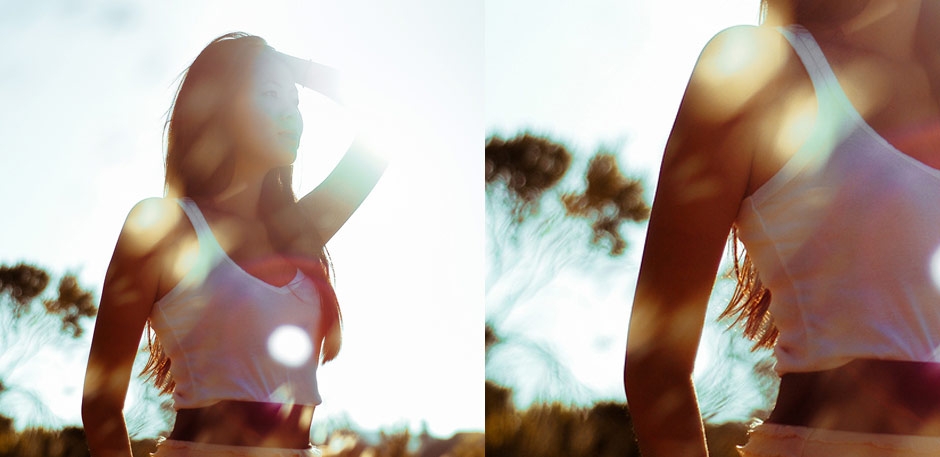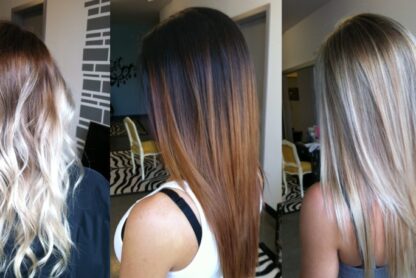How so? By getting shady, of course! To keep the windows to your soul crystal clear, it’s important to avoid the accumulative damage caused by daily UV exposure.
Do You Know What Will Damage Your Eyes?
Looking directly at the sun: It turns out that looking up directly at the sun can give you a headache and also temporarily distort your vision, which is probably why it’s so uncomfortable to try.
But did you know that it can also cause permanent eye damage? Although it can take years before you experience any of the sun's damaging effects on your eyes, staring directly at the sun can lead to vision problems later in life.
Looking down at reflective surfaces: The danger isn’t just from looking up, either! If your eyes feel tired, sore and gritty after a day at the beach, skiing or boating, you may have experienced too much UV exposure to your eyes.
Reflected UV rays can be very dangerous. For example, snow reflects as much as 80 percent, dry sand about 15 percent and sea foam about 25 percent!
Hats with brims offer no protection from UV rays reflected up from surfaces such as pavement, sand, and water. And, because you're more likely to look down than up, reflection actually poses more of a risk to your eyes.
Women's Health website says sun exposure to the eyes tends to be more constant in fall, winter and spring when the sun is lower in the sky.
Sunglasses Help To Protect Your Eyes From Damage
Not just for avoiding a sunburn to your eyes, sunglasses can help you maintain long term eye health!
However, not all sunglasses are created equal. Choose sunglasses that limit transmission to no more than 1 percent UVB and 1 percent UVA rays. Sometimes the information on the glasses will say they block at least 99 percent of the UV rays. That's OK, too.
Here are other things to consider when shopping for sunglasses:
Big Lenses: Not only super stylish, lenses large enough to completely cover the eye and prevent as much light as possible from entering through the sides are ideal for your eye health. If you’re really sun-conscious, wrap-around sunglasses are best. Darker lenses are a must for those who are more light sensitive.
Gray lenses: Gray shades provide the least color distortion, which might be more bearable for those who prefer a brighter outlook. However, these lenses aren’t any better protection than other colored lenses.
UV-blocking contact lenses: These can also provide an important measure of additional protection, especially for those who already wear contacts and want to ensure the long-term health of their eyes.
Just know that the level of protection can vary. Contact lenses that protect against UV rays are classified into two categories: Class 1 and Class 2, with Class 1 UV-blockers providing the greatest measure of UV protection.
Want more information on eye damage due to the sun? Check out this source article: http://www.healthywomen.org/content/article/protecting-your-eyes-sun-damage
Shield Your Eyes Year Round!
We all want to look and feel young for as long as possible. Wearing sunglasses year-round is an easy, effortless step to keeping your eyes safe and beautiful for countless years of winks and glances to come!
Thank you for reading and please share your favorite sunglasses tips!
Photo credit: eelx





